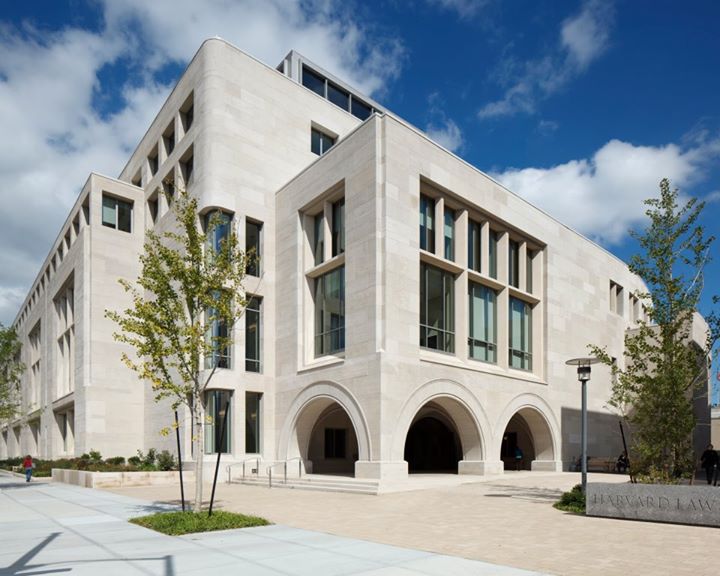Beginning in summer 2014, as part of a venture into pain & suffering as an ongoing program area, CLBB convened a faculty pain & suffering working group to bring together faculty experts in pain, emotion, and the law to explore the complex intersection of the neuroscience and ethics of pain and suffering and its implications for civil and criminal law. The groups, drawing from the Harvard Law and Medical Schools, will convene for ongoing expert faculty meetings, academic publications, and a public seminar event. The group is supported by the Harvard Mind Brain Behavior Interfaculty Initiative. View the initial announcement here.
CLBB Faculty and working group members include pain imaging specialist David Borsook, PhD, legal scholar of chronic pain Amanda Pustilnik, JD (Pustilnik is also the 2014-2015 Senior Fellow in Law & Applied Neuroscience at CLBB and The Petrie-Flom Center for Health Law Policy, Biotechnology, and Bioethics at Harvard Law School, with a focus on pain), and pain and emotion expert Lisa Feldman Barrett, PhD.
The group culminated its first year with a public Symposium on Pain & Suffering on Thursday, February 5, 2015. The Symposium took place at the Joseph B. Martin Conference Center of Harvard Medical School. View event video.




